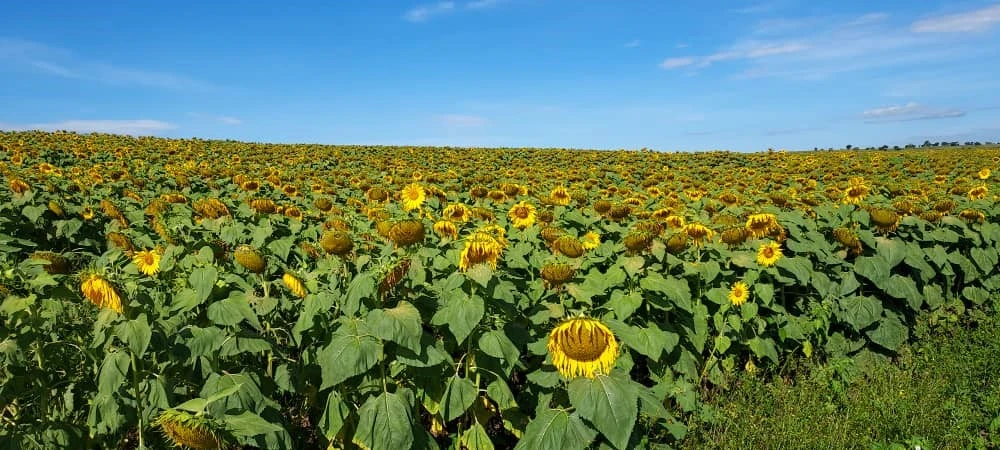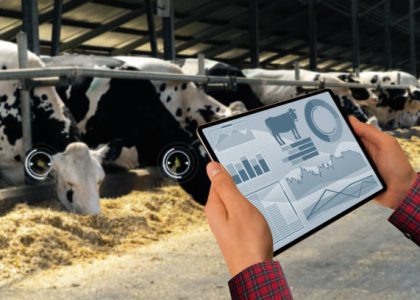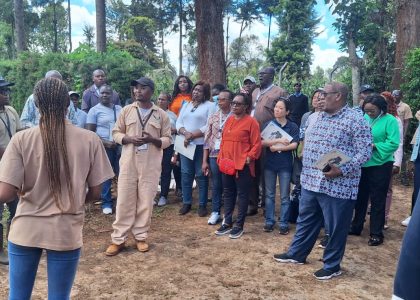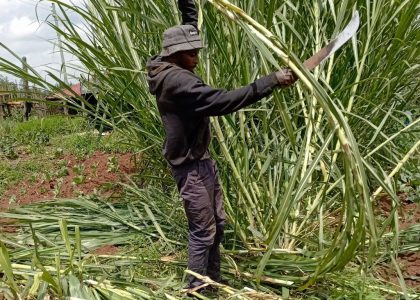The political economy in Africa has been a perennial issue that has affected agricultural production in the continent by determining how much participation it has in the global food market. In the least sense, sub-Saharan countries are expected to negotiate deals with recipient countries and external markets. As a result, multiple markets have emerged, most of which deal in similar materials. In Africa alone, there is an African Continental (Preferential*) Free Trade Area AfCFTA which combines all African countries to form one large market (with the exception of Nigeria). Besides, there are regional markets like Common Market for East and Southern Africa (COMESA) and the East African Community (EAC) among others. Kenya is a participant in the three.
The political economy in Africa and Democracy
The political economy in Africa arises from the viability of African democracy and the sovereignty of member states. Therefore, at a minimum, sovereign nations can negotiate bilateral agreements on trade between two agreeing countries. Besides, several contracting states can combine in a larger multilateral arrangement. As a result, political relations and moods determine a lot internally. For instance, country “A” has to be in cordial terms with country be “B” to have a successful bilateral agreement.
Role of Agriculture in the political economy in Africa
Agriculture represents the largest chunk of items sold. However, for trade to be successful, an exchange should facilitate the passing of advantages. Each country should supplement another’s food requirements while expecting some form of compensation. In a review of the modern, political economy in Africa, most African states do not share a common currency, the U.S. Dollar is the most exchanged currency in the African market. The problem lies in the trade of similar goods.
Sub-Saharan Africa has relatable soil, climate, resources, indigenous crops, and relatively similar expertise. Therefore, most countries would trade similar goods. Countries in the East African countries all produce maize, dairy products, coffee, edible oils, and vegetables. It would be difficult to trade considering that the markets compete on similar quality. However, trade is facilitated on quantity where other countries export these similar products to their neighbors to meet the growing demand there. For instance, Kenya produces maize, sugar, and livestock in large quantities yet cannot meet its internal consumption demands, requiring imports from Tanzania and Uganda.
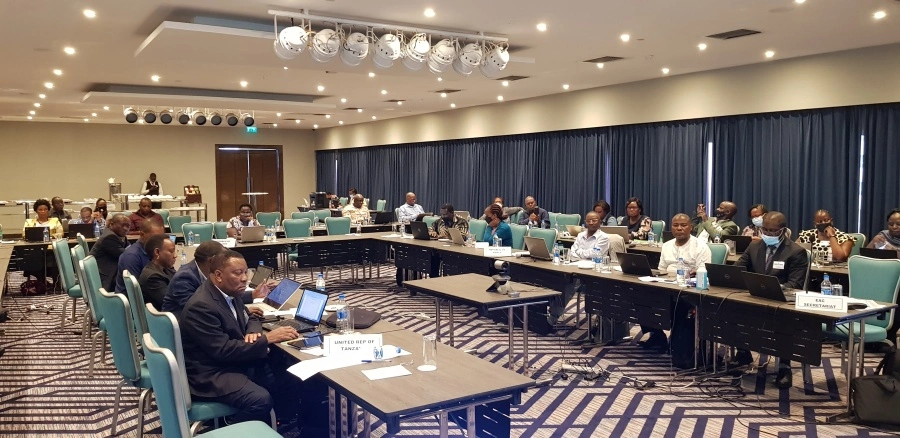
Impacts of political economy in Africa and Kenya
The dangers of the political economy in Africa linger in more exceptional circumstances in dealing with markets outside Africa. Kenya is among the client states that receive agricultural imports from around the world. The country has also negotiated market access to the European Union (EU), Asia, and the Americas through African Growth Opportunity Act (AGOA) with great success. However, its deals are tied to other bilateral settlements with its neighbors which impairs the full exploitation of Kenya’s internal competencies like technology, technical awareness, funding, and logistics which are way above the neighbors’. As a result, Kenya will have to negotiate within the EAC before processing further deals elsewhere.
Read: Kenya’s Agricultural Market And Politics
Market access strategies should entice the government to combine synergies to better sustain local demands and compete for more external markets. There is limited market access by impositions placed elsewhere relating to quality, sustainability, and health requirements. Africa remains to be a viable option for beverage crops (tea, coffee, and cocoa), tropical freshwater fish, vegetables, spices, cereals, sugar, and medicinal drugs procured abroad. However, there is a critical need to further investments to further improve local competencies and reduce reliance on substance farming and primitive energy[1]. The World Bank and other financial partners should promote global sourcing from Africa through more interactive methods.
African countries have emerged with a strong sense of independence which they, unfortunately, do not share among themselves. Essential deregulation is necessary to make the local market free of impositions on quotas, double taxation, and other restrictions. Market forces like competition, supply, and demand should affect pricing and transactions with other sovereign players and private markets.
For further contributions, queries, and feedback concerning Agriculture in Africa, contact our experts through our social media pages; Twitter, Instagram, Facebook, and LinkedIn. or Email: info@wingfarm.org


